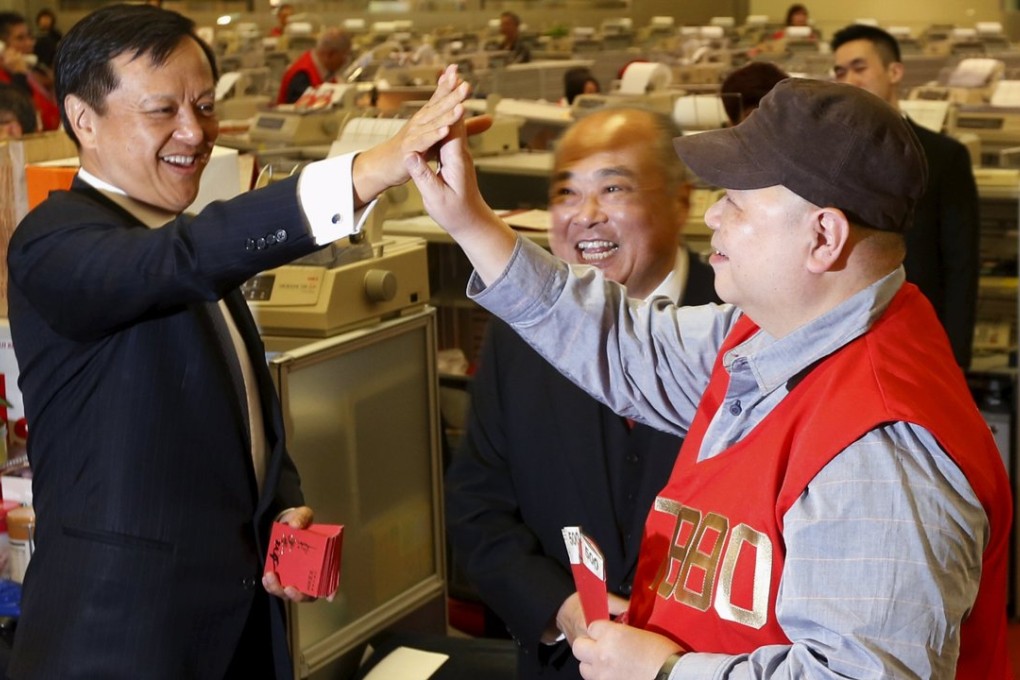Shenzhen-Hong Kong stock connect set to be delayed for longer due to market volatility
Scheme would represent further capital account opening for mainland China

The plan to connect the Hong Kong and Shenzhen stock exchanges looks set to be delayed until at least the second half of this year, with the launch of the new cross-border scheme not possible until volatile markets turned stable, the heads of the local bourse said on Thursday.
“We have prepared well to launch the Hong Kong and Shenzhen stock connect for investors to conduct cross-border trading between the two markets. This is definitely a scheme which will be launched,” Hong Kong Exchanges and Clearing chief executive Charles Li Xiaojia said.
“However, we could only launch such a new scheme when the markets turn more stable. Investors need to be patient.”
Li was speaking after co-hosting a ceremony to mark the first trading day of the Year of the Monkey with HKEx chairman Chow Chung-kong, who echoed his comments.
“We need to wait for the market to turn stable before we can launch the stock connect scheme between Hong Kong and Shenzhen,” Chow said. “Any new schemes would only perform the best in a stable market.”
The Hong Kong market’s benchmark Hang Seng Index fell more than 800 points at one stage on Thursday, or about 5 per cent, in the worst market slump on the first trading day of a Lunar New Year since 1994.